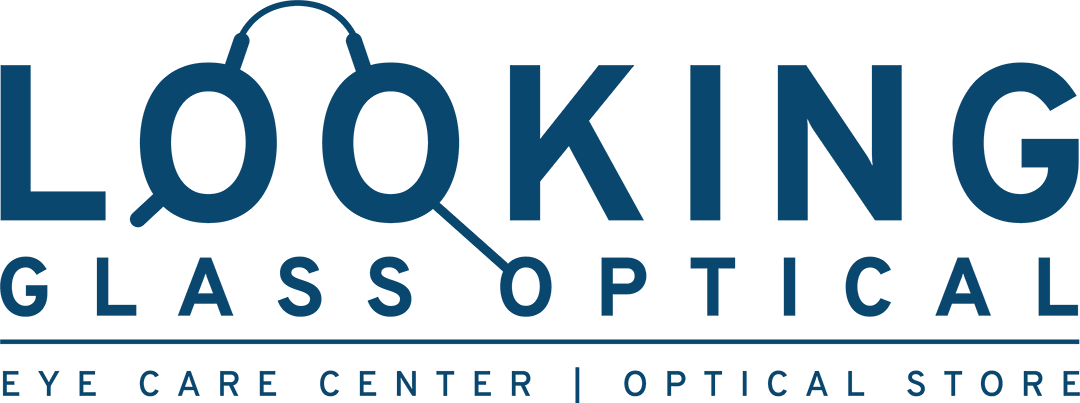5 Common Eye Problems That Can Affect Your Health
Your eyes deserve the same attention as the rest of your body. Pay your local optometrist an annual visit just like you do with your primary physician. If you don’t, there may be severe consequences for your health. Most common eye problems can be avoided through prevention and early detection. See a doctor as soon as you notice any symptoms of the following 5 common eye problems:
1. Refractive Errors (Blurred Vision)
The most common eye problem is refractive errors – also known as blurred vision. Refractive errors affect more than 150 million Americans. Here are four types of refractive errors:
- Hyperopia (farsightedness) – Objects in the distance are clear, but objects up close are blurry
- Myopia (nearsightedness) – Objects in the distance are blurry, while objects up close are clear
- Astigmatism – Both far and close objects are blurry
- Presbyopia – Items up close are blurry, like a book or knitting (most common with age)
While anyone is at risk, those with a family history have the highest potential of developing blurred vision. Common refractive errors are easily corrected with corrective lenses, contacts, or surgery.
2. Glaucoma
If there is a large amount of pressure on your eyes, this can lead to glaucoma. Glaucoma affects the optic nerve and is one of the most common reasons for blindness in the elderly. It can also cause other side effects such as:
- Pain
- Blind spots
- Nausea and vomiting
- Redness in the eyes
Regular eye exams are typically how one can detect glaucoma. However, if you are noticing vision loss, don’t wait, make an appointment today. Advanced glaucoma results in blindness, no treatment can reverse the effects. This is why it is important to catch the signs as early as possible. Treatment plans will continue throughout your life. This treatment will not remove the effects of glaucoma entirely but can slow it down and prevent it from getting worse.
3. Cataracts
As you age, eye proteins will naturally break down. This can result in cataracts. Cataracts make the world appear blurry, dull, or cloudy. Surgery is one of the common ways to correct cataracts.
If you do have cataracts, use extra protection for your eyes – such as sunglasses and corrective lenses. Try to avoid situations that strain your eyes – like night driving. A family history of cataracts will increase the chances of developing cataracts as you age.
4. Diabetic Retinopathy
Diabetic retinopathy is an eye condition caused by diabetes. High blood sugar from diabetes can damage blood vessels, like the ones in your eyes. This is will result in vision loss. Diabetic retinopathy is the most common cause of blindness in adults. Out of the 4.2 million adults who had diabetic retinopathy, 655,000 had severe cases with the potential of blindness.
Controlling diabetes helps blood vessels heal. Catching diabetic retinopathy early through regular eye exams is crucial in stopping its progression. Diabetic retinopathy can be avoided as well as treated by following diabetic diets.
5. Age-Related Macular Degeneration
The back of your retina is called the macula. It is responsible for detecting light. The macula will naturally deteriorate with age, which is commonly called age-related macular degeneration. Most macular degeneration will not present itself until someone reaches middle-age or older. The exception is Stargardt disease, which is a type of macular degeneration that affects younger people, including children.
The main symptom of macular degeneration is blurry vision. While blindness is not a common outcome, severe vision issues can occur. One of the earliest signs used to diagnose macular degeneration is the appearance of tiny yellow spots under your retina. There is no cure for it, but there are treatment options that will slow its progression.
Book Your Appointment with an Optometrist Today
If you notice any of the previously listed symptoms, visit your local optometrist for a diagnosis and treatment plan. To prevent common eye problems, book your annual optometrist visit today at Looking Glass Optical.
Share
